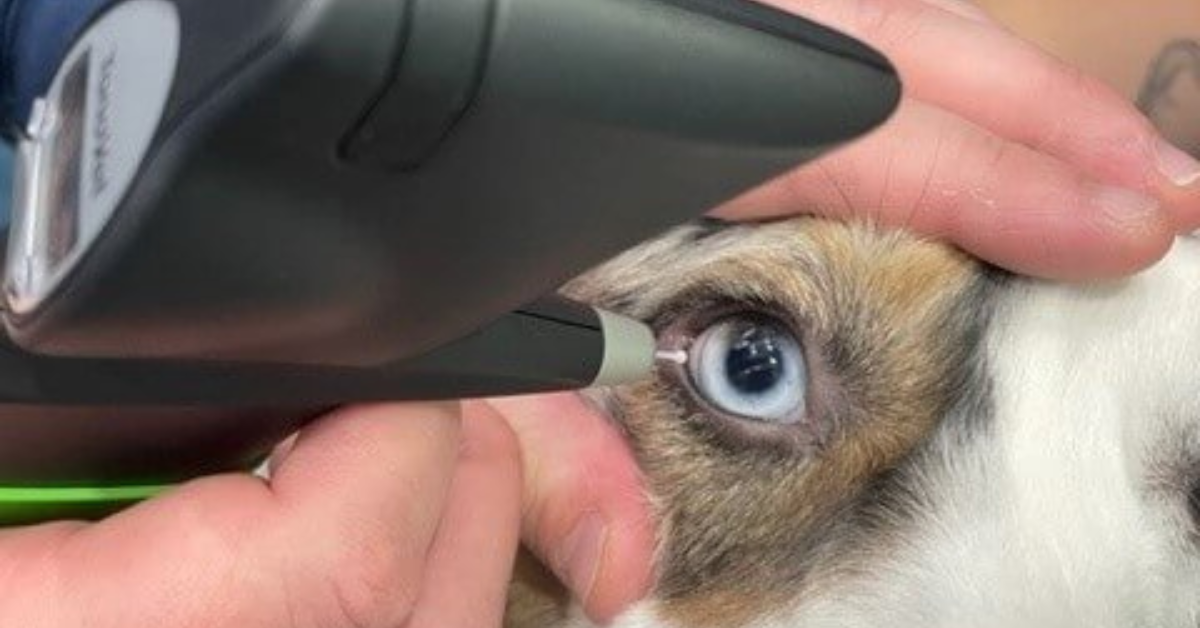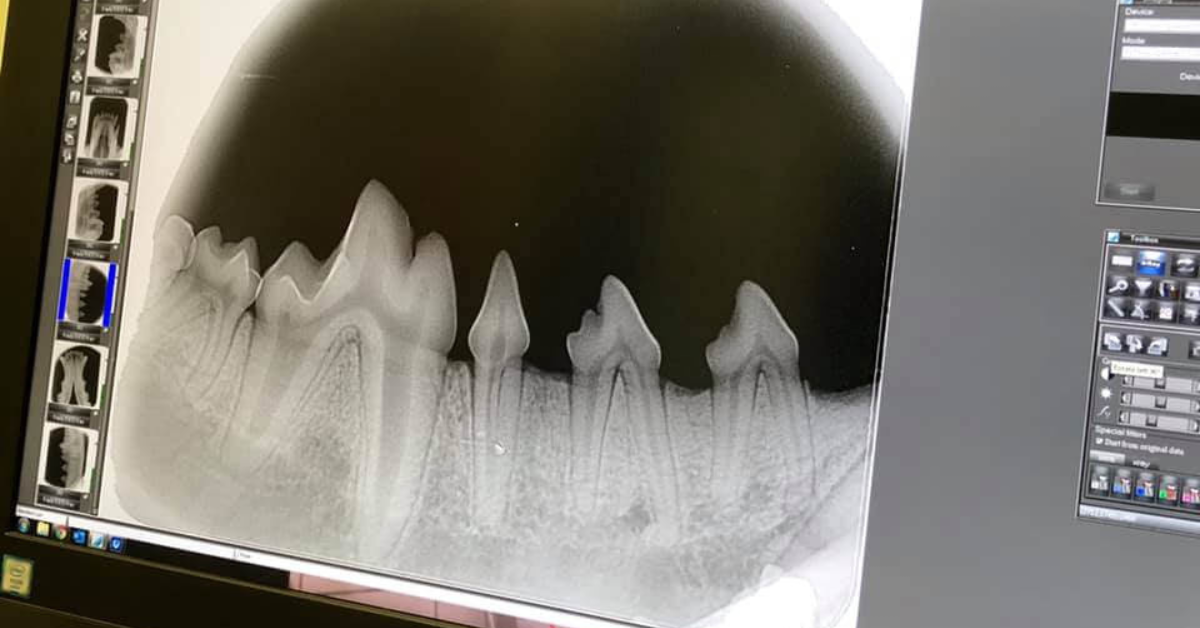EARLY AGE DESEXING
Pet owners and animal welfare organisations around the world frequently grapple with the decision of whether to desex their cats and dogs at an early age or wait until they reach maturity. Early age desexing, also known as pediatric spay/neuter or prepubertal gonadectomy, refers to the surgical removal of reproductive organs in puppies and kittens, typically between 6 and 16 weeks of age.
Advantages of Early Age Desexing:
- Population Control: One of the primary benefits of early-age desexing is the prevention of unwanted litters, thereby helping to control the overpopulation of cats and dogs. Overpopulation often leads to a high number of stray animals and increased euthanasia rates in shelters.
- Health Benefits: Desexing at an early age can lead to a reduced risk of certain health issues, such as mammary gland tumours, testicular cancer, and pyometra (a life-threatening infection of the uterus) in female animals.
- Behavioural Improvements: Early age desexing has been linked to a reduction in undesirable behaviours such as marking, roaming, and aggression, making the pets easier to manage and more amenable to cohabiting with humans and other animals.
- Faster Recovery: Younger animals tend to recover more quickly from surgery due to their higher metabolic rate and ability to heal rapidly. This can lead to a shorter and less stressful post-operative period.
Concerns and Potential Risks:
- Anaesthesia: Some veterinarians may be hesitant to perform early-age desexing due to concerns about administering anaesthesia to young animals. However, with proper protocols and monitoring in place, anaesthesia can be safely administered to puppies and kittens.
- Long-term Health Effects: There is an ongoing debate about the long-term health effects of early-age desexing, particularly with regard to orthopaedic issues and obesity. Some studies suggest that early desexing may increase the risk of certain joint disorders, particularly in large-breed dogs. However, more research is needed to fully understand these potential risks and how they compare to the benefits of early desexing.
- Growth Plate Closure: In some instances, early age desexing may affect the closure of growth plates in long bones, potentially leading to discrepancies in limb length or other orthopaedic issues.
The decision to desex a pet at an early age should be made in consultation with a trusted veterinarian, who can weigh the benefits and potential risks based on factors such as the animal’s breed, overall health, and living conditions. Ultimately, early age desexing can be a responsible choice for pet owners and animal welfare organisations looking to prevent overpopulation and promote the well-being of their pets.
Concord Veterinary Hospital offers early age desexing services for cats and dogs. The hospital’s skilled veterinarians and support staff understand the importance of population control and the health benefits associated with desexing pets at an early age.
Pre-Surgical Evaluation:
Our vets thoroughly examine each pet before the desexing procedure to assess the animal’s overall health and ensure they are suitable candidates for surgery. This evaluation includes a physical examination, as well as blood tests to check for any underlying health issues that could complicate the surgery or the administration of anaesthesia.
Anaesthesia and Pain Management:
The hospital follows stringent protocols when it comes to administering anaesthesia to young animals, prioritising their safety and well-being. Modern anaesthetic agents and monitoring equipment are used to ensure the pets’ comfort during the procedure. Additionally, pain management is of utmost importance at our hospital, and the staff takes all necessary precautions to keep the animals as comfortable as possible during their recovery.
After the desexing procedure, our vets provide comprehensive post-operative care, closely monitoring the pets for any signs of complications. Pet owners are provided with detailed instructions on how to care for their pets during the recovery period, including administering medications, monitoring the surgical site, and gradually reintroducing physical activity.
Education and Support:
Our team is committed to educating pet owners about the benefits and potential risks associated with early age desexing. They provide pet owners with the information they need to make an informed decision about the procedure and offer ongoing support throughout the process.
By offering early age desexing services, Concord Veterinary Hospital is playing a significant role in promoting responsible pet ownership, preventing overpopulation, and ensuring the health and well-being of cats and dogs in the community.
Our Other Services
How Can We Help Your Pet
Explore Our Veterinary Care Services











